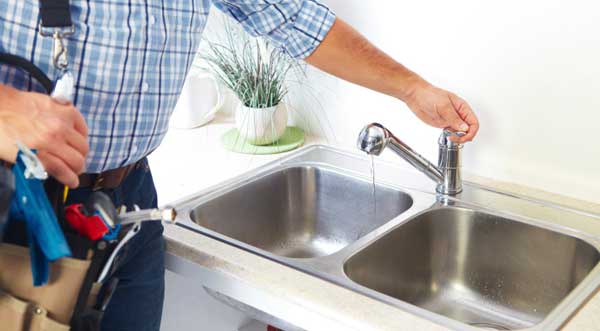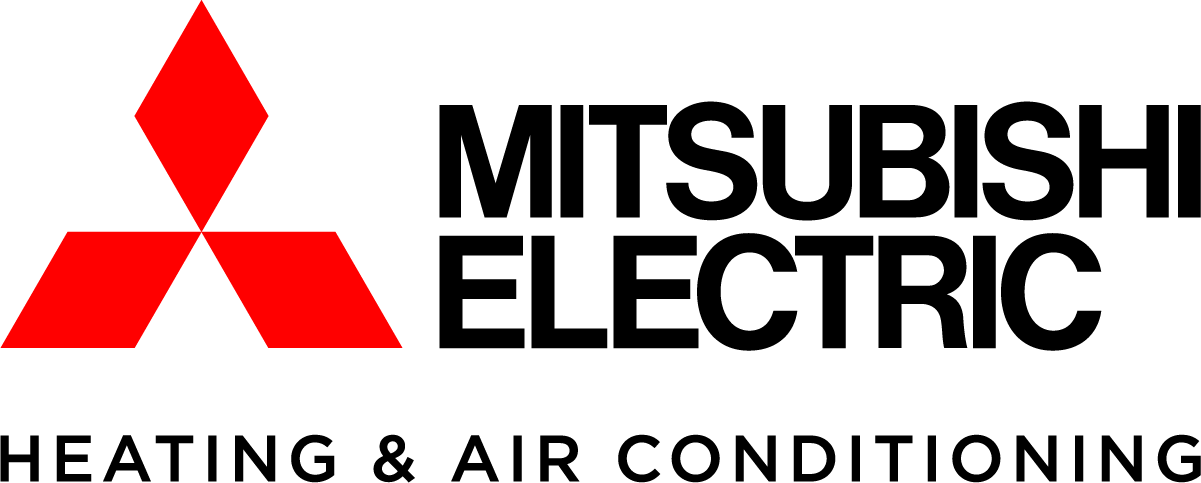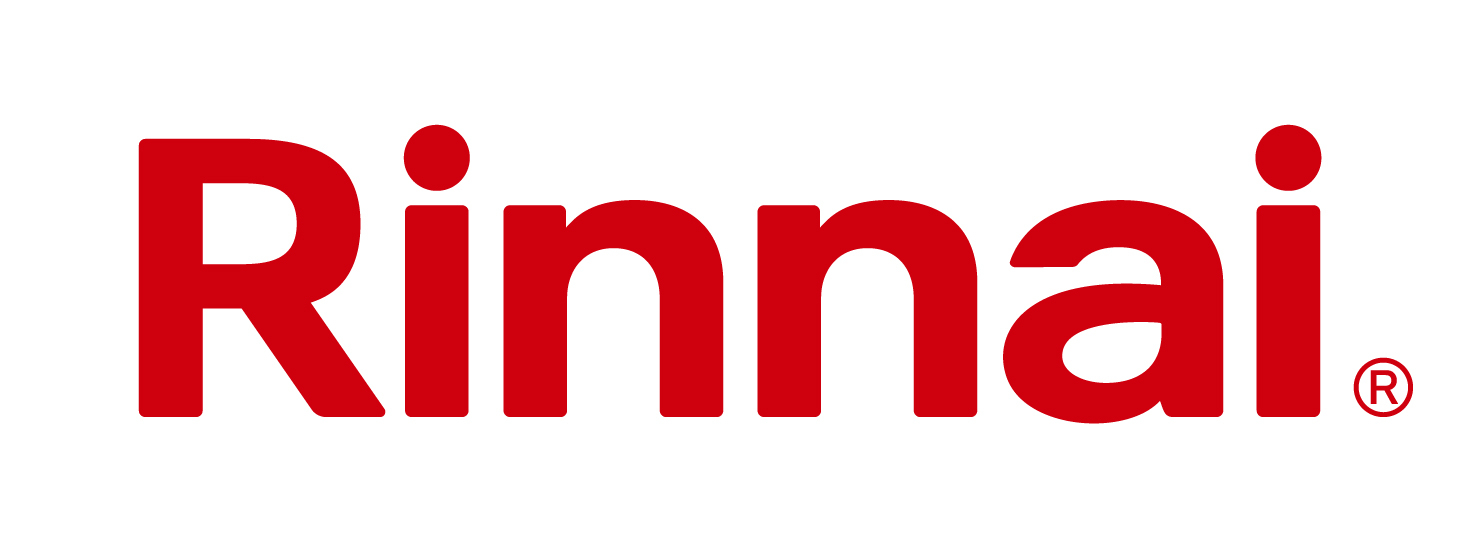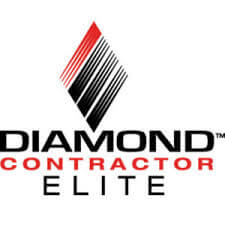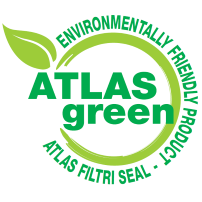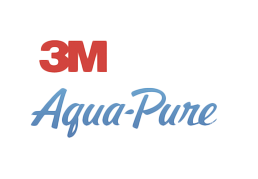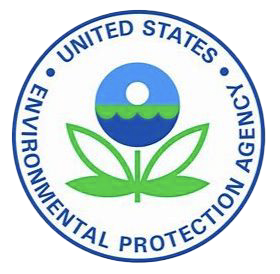Plumbing isn’t something most homeowners think about until there’s a major leak or a revolting pond of sewage backed up in the basement. Keeping track of all the demands of home maintenance can be overwhelming, especially when the problem is literally inside the walls. Leaving your plumbing to go untreated can lead to some very damaging and expensive repairs. Cracked foundations, damaged floors, mold, and mildew, backed up sewage, sinkholes, and even your home setting are all symptoms of damaged plumbing. The good news is that you can prevent these problems from antagonizing your home and your wallet. The answer is drain cleaning.
Why You Should Keep Up with Drain Cleaning
No homeowner wants to spend thousands of dollars to fix their plumbing, but dirty pipes left untreated can corrode and break. Eventually, you’ll have to replace the piping in your house, but taking care of your plumbing can prevent that expense from happening anytime soon. Over time, things like soap, hair, food, and grease can build up and clog your pipes. Using chemical drain cleaning can do the trick, but they can’t reach stubborn clogs where food and sludge are stuck to the pipe walls.
Chemical drain cleaning is a good fast term solution, but it’ll only clear out a portion large enough for water and waste to pass through. The chemicals in a drain cleaner are also very toxic, not only to your health but to your plumbing as using them over time will corrode the pipes. It’s important to clean your drains, and sometimes using chemical cleaners is inevitable, at least until you contact a professional plumber. Here’s what you can do to prevent clogged, damaged drains.
- Treating your pipes. Treating your pipes sounds like an obvious solution, but sometimes preventing damaged plumbing is not an issue of what to do inside your house, but outside your house. Tree roots are a common cause for clogged, broken, or backed up sewer lines. Tree roots naturally seek out moisture and will enter through any joints or gaps between pipes. Eventually, this can become a serious and expensive problem. The solution? If you’re willing to invest in a future, long-term solution, then it might be time to consider lining your pipes. Nowadays plumbers can line your old pipes with a seamless, high-grade epoxy, which will eliminate any weak points your pipes may have.
- Inspect your home. A good place to start is checking the home inspection report you received when you purchased your home. Knowing exactly what kind of pipes your house has not only gives you a better idea of your plumbing’s lifespan, it can help you and plumbers understand what’s best for your plumbing.
- Avoid washing down or flushing unwanted things. Appliances like a garbage disposal are great, but they aren’t designed to handle everything. Overloading your kitchen sink with food can eventually lead to some nasty clogs. Never pour grease down the drain, as it will solidify and could entirely block up your pipes. Flushing down objects other than sewage and toilet paper can do some serious damage to the plumbing in your house.
- Frequently clean your shower stalls and bathtubs. Overtime soap and hair can accumulate and cause some bad buildup in your pipes. Routinely scrubbing your stalls and tubs will not only prevent clogging your bathroom plumbing, your bathroom will also be sparkling clean! It’s also a good idea to fill up your tub to the top and drain it at least once a month, as this helps to flush out your systems.
- Reduce your water pressure. High water pressure is nice when you’re taking a shower or cleaning something in the sink, but it really stresses your pipes and increases the likelihood of a leak. Using a hose bib gauge is a good way to monitor your home’s water pressure. Normal pressure is between 40 and 85 psi, anything above and it’s time to install a pressure reducer.
- Use a water softener. If the water that runs through your house has high mineral content aka hard water, it can seriously reduce your plumbing’s lifespan. Minerals such as magnesium and calcium can build up inside your pipes, restrict flow and increase pressure. A white build up on your showerheads and faucets is a telltale sign of hard water.
How Can A Professional Plumber Help?
First and foremost, they can identify what exactly is wrong with your plumbing. They can diagnose the problem quickly and effectively using methods like a camera inspection, where they can take high res footage and pictures of your plumbing. Plumbers not only know where to look, they have the right tools. It’s important to remember that working with plumbing can be dangerous as you’re dealing with hot water and heavy plumbing fixtures. DIY projects can be a great way to save money, but unless you know exactly what you’re doing, you could be doing more harm to your pipes than good. If there’s something wrong with your plumbing, there are a few different ways plumbers can treat your pipes. Hydro-jetting is one of the most effective ways to thoroughly clean your pipes, it uses a very high pressurize jet of water to spray clean everything stuck inside. It’s a particularly good method for very stubborn clogs, or removing tree roots. If the issue is much worse than dirty, clogged pipes, however, it might be time for a plumber to replace your pipes. It’s best to consult with your plumber first before you go replacing pipes, but if the damage is serious, you might not have a choice. Sometimes you can get away with just replaced what’s exposed versus all the piping hidden inside your walls, but it really depends on the problem.
Don’t Wait Until Your Wallet Suffers
Untreated pipes can lead to devastating damages. If you think something is wrong with your plumbing, don’t wait until there’s a sewage backup. Call Papalia Plumbing and Heating today for drain cleaning services!
